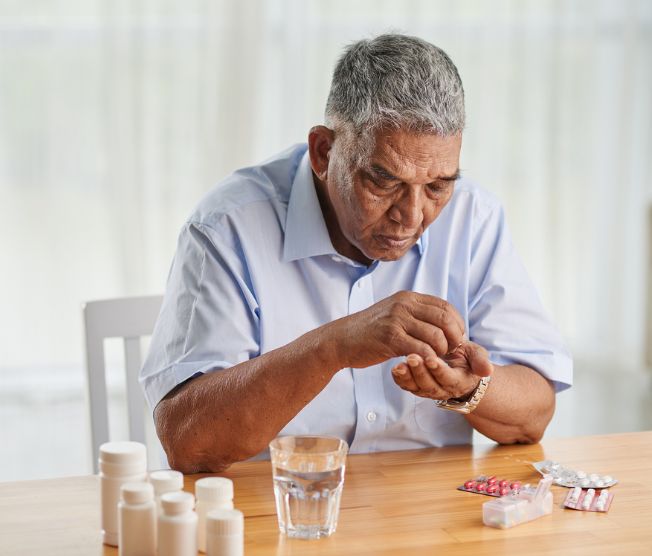 Reported medication errors affect at least 1.5 million people each year. Adverse reactions may be fatal or result in a drug-related injury requiring extensive treatment. Frequent enough to be considered a public health concern, an estimated 6,000 to 10,000 Americans die annually from medication errors. These mistakes can occur at multiple treatment stages.
Reported medication errors affect at least 1.5 million people each year. Adverse reactions may be fatal or result in a drug-related injury requiring extensive treatment. Frequent enough to be considered a public health concern, an estimated 6,000 to 10,000 Americans die annually from medication errors. These mistakes can occur at multiple treatment stages.
What Are Medication Errors?
Medication errors are preventable incidents involving incorrect or inappropriate usage of a medication in relation to a patient’s condition. They can occur at the prescribing, submitting, labeling, dispensing, distributing, administration, education and usage stages.
Errors often stem from one of the following factors:
- The patient receives an incorrect diagnosis and follows an ineffective plan of care
- The prescribed dosage is inaccurate relative to the patient’s condition
- There is poor communication or labeling between the doctor and pharmacy
- There is miscommunication between the doctor or nurse and patient about the drug
- The patient is not educated on a drug’s side effects and interactions
Among medical professionals, over 60 percent of nurses have inaccurately or incorrectly prescribed or administered a medication, yet just over 30 percent report their errors.
A study from Johns Hopkins University found that for older adults, medication errors result in more deaths than strokes, diabetes and Alzheimer’s disease and may affect as many as one in seven patients receiving hospital care.
Sources of Medication Errors
Medication errors have been on the rise for the past 20 years. Learn about the common sources in the pipeline between doctor, pharmacy and patient.
Doctor Errors
Errors often stem from what’s prescribed to patients. The doctor may:
- Prescribe a dose that’s too strong or the wrong drug for their condition
- Create a complex drug plan without considering side effects and interactions
- Provide medication samples without considering dosage or providing directions
- Rush through a visit and not provide the patient with complete drug information
- Not account for language and cultural barriers
- Prescribe medications and treatments in an emergency setting, known for high or inconsistent patient volume, staffing shortages and patients unaware of their full medical history
Doctor to Pharmacy
Potential causes of medication errors in the doctor-pharmacy relationship include:
- Illegibly written prescriptions sent to the pharmacy
- Incomplete information sent to the pharmacy, including allergic sensitivities, drugs prescribed together or a change in dosage
- Calling the pharmacy to prescribe medication, resulting in a communication error
The Pharmacy
Even if the doctor provides accurate information, the pharmacy may:
- Enter the doctor’s information incorrectly
- Provide the wrong drug or dosage
- Add inaccurate information about side effects or interactions to the label
- Incorrectly label the drug containers
Patients
Failing to take an active role in one’s care may lead to the following medication errors:
- Being unclear on the directions, interactions and how to handle a missed dose
- Combining prescription drugs with several over-the-counter drugs and supplements
- Not providing the doctor with a complete list of all prescription and over-the-counter medications
What You Can Do to Prevent Errors
As an older patient or a caretaker overseeing your loved one’s treatment, you can take an active approach by:
- Knowing the names, dosages and interactions of all medications taken and documenting this information to provide other medical professionals
- Thoroughly reading the label of any medication picked up from the pharmacy and ensuring it aligns with your doctor’s recommendations
- Making sure you understand when and how to take the medication
- Knowing what a drug interaction or side effect looks like, should it occur
- Never sharing your medications, doubling or spacing out doses
- Being mindful of expiration dates
Are you concerned about medication usage? The medical team at West Hartford Health & Rehabilitation Center can help residents understand dosages and interactions. To learn more about our services, contact us today.
« How Bunions Can Affect Senior Health

